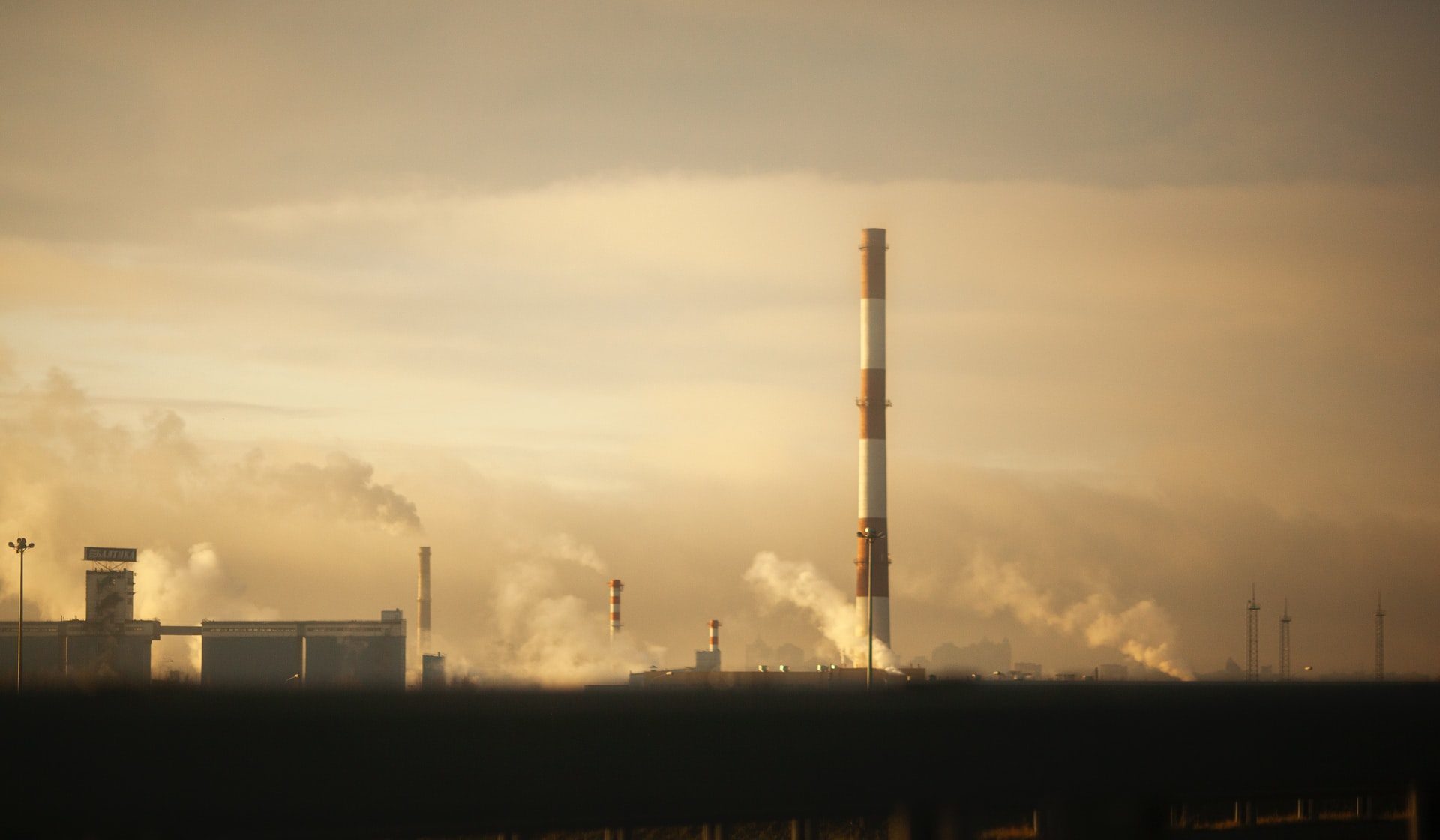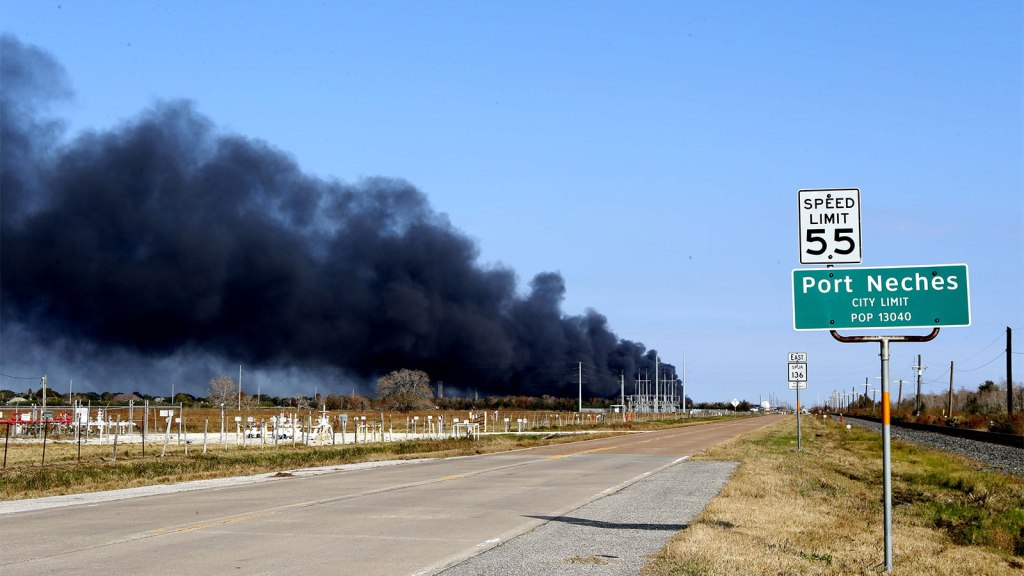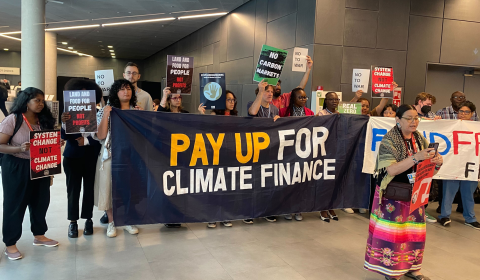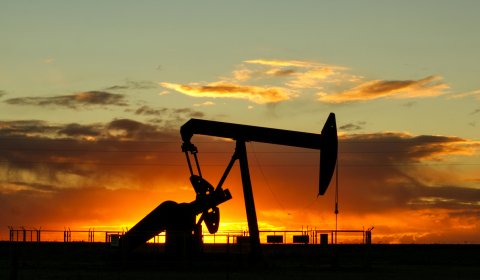According to a recent report, unauthorised emissions from industrial facilities in Texas have tripled since 2015 as the EPA continues to roll back protective measures.
At the beginning of the week, Thred Media and Global Citizen were given early access to a report sounding the alarm on rising rates of illegal industrial pollution in the state of Texas. According to the study conducted by Environment Texas and Frontier Group, industrial facilities in the state released over 174 million pounds, or around 79 million kgs, of unauthorised air pollution in 2019 – an increase of 155% from 2015.
Most of these emissions, which were largely comprised of benzene, hydrogen sulphide, particulate matter, and CO2, were recorded by industrial plants as unplanned. The report found that facilities typically list millions of kilograms of pollution a year which exceed their permits as ‘upsets’ or ‘emissions events’ – the big corporate shoulder shrug. In 2019, companies reported 4,086 of these mishaps, resulting in record amounts of pollutants released into Texan communities.
Whilst chemical pollution of all types has long been an issue in Texas, which as the report states is ‘home to an abundance of oil, gas, and petrochemical operations’, regulatory bodies allegedly keep the area liveable by issuing environmental permits to industrial facilities. The Environmental Protection Agency (EPA) and the Texas Commission on Environmental Quality (TCEQ) are the main organisations responsible for issuing these permits and capping harmful secretion levels.
However, EPA enforcement has been on a rapid decline in Texas since 2013 when a chemical plant exploded, and is at a record low nationally. Of the more than 4,000 ‘violations’ of clean air space state-wide last year, only 11 punitive levies were taken by the EPA. The average number of annual clean air enforcement actions taken between 2017 and 2019 was 15, down from 24 in the period between 2014 and 2016.
The fact that the ebbs and flow of regulation seem to only have been punctuated in the past decade by catastrophic events is a dangerous precedent.
The study was sent to me in the wake of a recent deep-dive I’d conducted into the hazards of air pollution as a subsidiary and close companion of climate change. According to the WHO, air pollution contributes to the deaths of an estimated seven million people worldwide each year, with particulate matter able to infiltrate almost every organ in the human body, becoming the most exacerbating environmental factor in noncommunicable diseases such as cancer and lung disease. This report shows in no uncertain terms why illumination of this issue is needed.
A 2013 MIT study cited by the researchers found that more than 14,000 Texans die each year due to air pollution: specifically, 3,583 residents will lose their lives prematurely due to particulate matter released by industrial emissions. Findings by scientists at Harvard and the Environmental Defense Fund were even more dire, calculating that 5,213 Texans died prematurely in 2015 due to particular pollution at an estimated cost of $49 billion to the economy in healthcare.
One shudders to think what an increase of 155% in illegal emissions since will yield in the years to come.




















